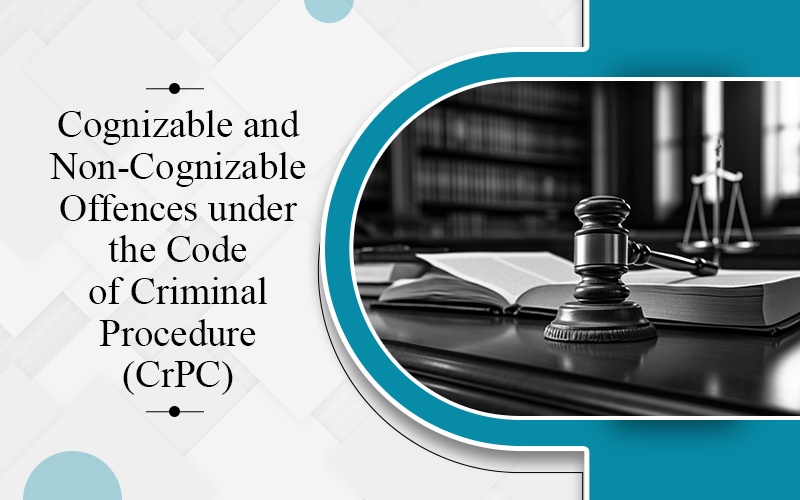Definition of consumer law
Consumer law refers to the body of legal regulations and protections that are designed to safeguard the rights and interests of consumers in their interactions with businesses and the marketplace. It encompasses a wide range of laws and regulations that aim to ensure fair trade, protect consumers from deceptive practices, and promote consumer safety.
Key aspects of consumer laws:
- Consumer Protection Laws: These laws are enacted to safeguard consumers from unfair and deceptive practices by businesses. They cover areas such as false advertising, product safety, labeling requirements, pricing practices, and warranties. Consumer protection laws vary by country and jurisdiction but generally aim to promote transparency and prevent fraudulent or misleading activities.
- Product Liability: Product liability laws hold manufacturers, distributors, and sellers responsible for the safety and quality of their products. If a product is defective and causes harm to a consumer, they may have the right to seek compensation for injuries or damages suffered. Product liability laws often cover issues such as product defects, inadequate warnings, and improper instructions.
- Consumer Contracts: Consumer contracts refer to agreements between businesses and consumers for the purchase of goods or services. Consumer contract laws regulate the terms and conditions of these contracts, ensuring that they are fair and reasonable. These laws may address issues such as unfair contract terms, unconscionable practices, and the right to cancel or withdraw from contracts.
- Consumer Privacy and Data Protection: With the increasing use of digital technology and online transactions, consumer privacy and data protection have become significant concerns. Laws and regulations related to consumer privacy address the collection, use, and disclosure of personal information by businesses. They often include provisions for obtaining consent, data security measures, and the rights of individuals to access and control their personal data.
- Consumer Financial Protection: Consumer financial protection laws aim to ensure fair and transparent practices in financial services. These laws cover areas such as banking, credit, mortgages, debt collection, and financial transactions. They may include provisions for disclosure of terms and fees, protection against predatory lending practices, and the resolution of consumer disputes.
- Consumer Complaints and Redress: Consumer law provides mechanisms for consumers to file complaints and seek redress when their rights have been violated. This may involve processes such as mediation, arbitration, or legal action. Some jurisdictions have consumer protection agencies or ombudsmen that handle consumer complaints and assist in resolving disputes.
Consumer Protection laws in India
Consumer protection law in India is governed primarily by the Consumer Protection Act, 2019, which replaced the earlier Consumer Protection Act, 1986. The Consumer Protection Act, 2019 is a comprehensive legislation that aims to protect the rights and interests of consumers across various sectors.
Key features of consumer protection law in India
- Consumer Rights: The Act recognizes the following rights of consumers:
- Right to be protected against the marketing of goods and services that are hazardous to life and property.
- Right to be informed about the quality, quantity, potency, purity, standard, and price of goods or services.
- Right to choose products and services at competitive prices with an assurance of fair trade practices.
- Right to be heard and have grievances redressed.
- Right to seek compensation for unfair or restrictive trade practices or unscrupulous exploitation.
- Consumer Forums: The Act establishes consumer forums at the district, state, and national levels to provide consumers with a forum to file complaints and seek redressal. These forums are known as District Consumer Disputes Redressal Commission, State Consumer Disputes Redressal Commission, and National Consumer Disputes Redressal Commission, respectively.
- Jurisdiction and Remedies: The consumer forums have jurisdiction to hear complaints related to defective goods, deficient services, unfair trade practices, and misleading advertisements, among others. Consumers can seek various remedies such as compensation, refund, replacement, discontinuation of unfair practices, and punitive damages.
- Product Liability: The Act introduces provisions for product liability, holding manufacturers, sellers, and service providers liable for any harm caused to consumers due to defective products or deficient services. Consumers can claim compensation for injuries or damages suffered due to such defects.
- Consumer Protection Councils: The Act provides for the establishment of Central Consumer Protection Council and State Consumer Protection Councils, which act as advisory bodies and promote consumer awareness and education.
- E-commerce Consumer Protection: The Act includes provisions to address issues related to e-commerce transactions, such as misleading advertisements, protection of personal information, liability of e-commerce platforms, and dispute resolution in online transactions.
- Consumer Dispute Resolution: The Act encourages alternative dispute resolution mechanisms such as mediation and settlement to expedite the resolution of consumer disputes. It also provides for the establishment of Consumer Mediation Cells to facilitate mediation between consumers and businesses.
- Penalties and Offenses: The Act prescribes penalties for various offenses committed by businesses, including misleading advertisements, unfair trade practices, non-compliance with orders of consumer forums, and failure to provide compensation or comply with directions.
Consumer protection Act cases
- Cadbury India Ltd. v. The Commissioner of Central Excise (2009): In this case, it was alleged that Cadbury India had deliberately removed “export” stickers from certain products to evade excise duty. The court held that such an act amounted to unfair trade practice under the Consumer Protection Act, 1986, as it deceived consumers. It emphasized the importance of maintaining transparency and protecting consumer rights.
- Hindustan Unilever Ltd. v. State of Maharashtra (2004): This case dealt with the issue of misleading advertisements. Hindustan Unilever had aired an advertisement claiming that its soap could lighten the skin color of users. The court held that the advertisement was deceptive and ordered the company to withdraw it. It highlighted that advertisements should not make false or misleading claims, as it can harm consumers.
- Tata Motors Ltd. v. The State of Maharashtra (2014): This case revolved around a consumer complaint regarding a defective car purchased from Tata Motors. The court held that Tata Motors was liable for manufacturing and selling a defective vehicle, which caused mental agony to the consumer. The judgment emphasized that manufacturers are responsible for ensuring the quality and safety of their products.
- Ambrish Kumar Shukla v. Ferrous Infrastructure Pvt. Ltd. (2011): This case involved the issue of delay in handing over possession of a residential property to the buyer. The court held that the builder’s failure to deliver the property within the stipulated time constituted a deficiency in service. The consumer was awarded compensation and the builder was directed to hand over possession.
- ICICI Lombard General Insurance Co. Ltd. v. Birendra (2013): This case dealt with a claim dispute between an insurance company and a policyholder. The court held that the insurance company’s refusal to honor the claim without proper justification amounted to deficiency in service. The insurance company was directed to settle the claim and compensate the policyholder for the mental agony caused.
Law of Torts and consumer protection:
The relationship between the law of torts and consumer protection laws is intertwined, as both areas of law aim to provide remedies for harm and protect the rights of individuals, including consumers. There is a significant overlap between the law of torts and consumer protection laws, particularly in cases involving harm caused by defective products, negligence, or deceptive practices by businesses. The principles of negligence, product liability, and misrepresentation often come into play in both tort law and consumer protection law. Both tort law and consumer protection laws provide legal remedies for harm suffered by individuals. Tort law allows injured parties to seek compensation for damages, including physical injuries, emotional distress, and financial losses. Consumer protection laws, on the other hand, offer specific remedies tailored to protect consumers from unfair practices, such as seeking refunds, compensation, repairs, replacements, or discontinuation of unfair trade practices. While tort law addresses a broader range of civil wrongs beyond the consumer context, consumer protection laws specifically focus on safeguarding the rights and interests of consumers.





One Response